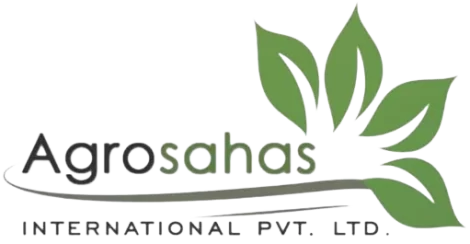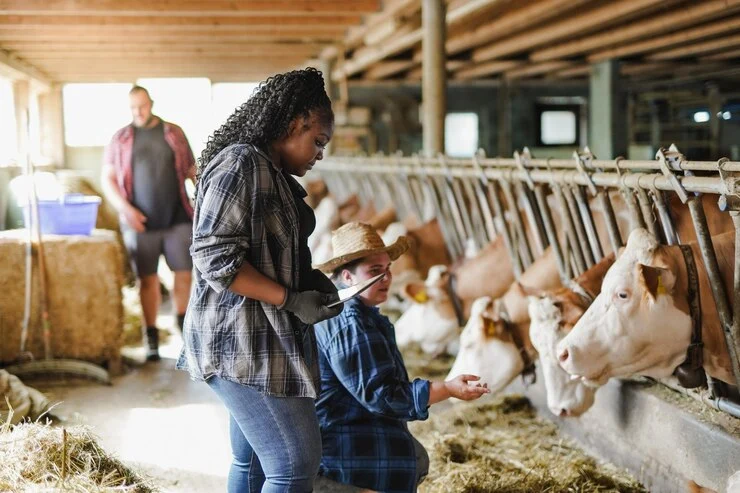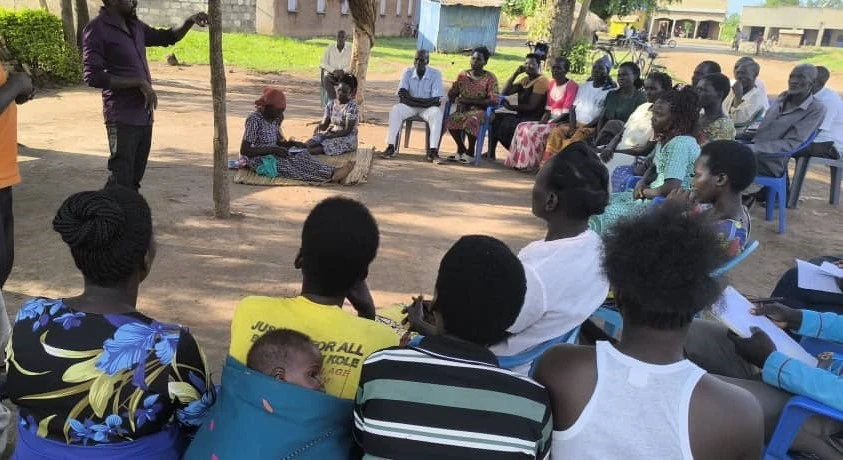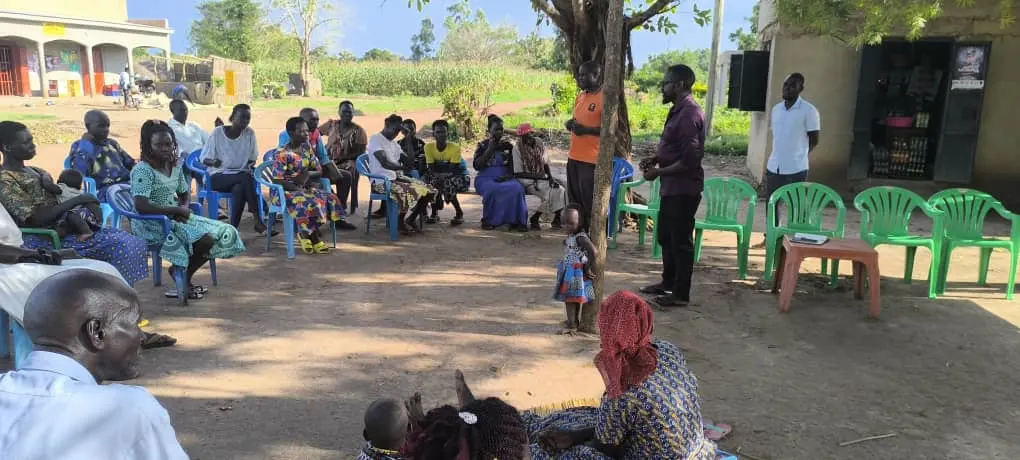In the realm of agriculture, gender inequality remains a significant barrier to sustainable development. Women’s contributions to agriculture are immense, yet their roles and potential are often underappreciated and underutilized. Agrosahas International PVT LTD is dedicated to addressing this disparity by empowering women and fostering inclusive growth in the agricultural sector. In this blog, we explore how Agrosahas is breaking gender barriers, the importance of women’s empowerment for sustainable development, and the challenges faced by women in agriculture in Africa.
Solving Gender Inequality in Agriculture
Addressing gender inequality in agriculture requires a multifaceted approach:
- Access to Resources: Ensuring women have equal access to land, credit, training, and technology is crucial. Policies and programs must be designed to dismantle the barriers that prevent women from accessing these resources.
- Education and Training: Providing education and vocational training specifically tailored to women’s needs can enhance their skills and knowledge, enabling them to contribute more effectively to agricultural productivity.
- Policy Advocacy: Advocacy for gender-sensitive policies at local, national, and international levels is essential. Policies should support women’s land rights, equal pay, and participation in decision-making processes.
- Community Engagement: Engaging men and boys in gender equality initiatives helps to challenge and change traditional gender roles and norms that disadvantage women.
- Support Networks: Creating support networks for women farmers, including cooperatives and women’s groups, can provide a platform for shared learning and collective action.
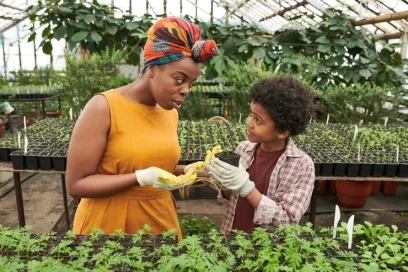
The Importance of Women’s Empowerment for Sustainable Development
Women’s empowerment is a cornerstone for achieving sustainable development:
- Economic Growth: Empowered women contribute significantly to economic growth. When women have access to resources and opportunities, they can increase agricultural productivity and generate income, benefiting their families and communities.
- Food Security: Women play a vital role in food production and security. Empowering women in agriculture ensures that their contributions are recognized and maximized, leading to improved food security and nutrition.
- Poverty Reduction: Empowering women helps to reduce poverty levels. Women are more likely to invest their income in their families, improving education, health, and overall quality of life.
- Environmental Sustainability: Women are often the primary managers of household resources. Empowering them with knowledge and resources for sustainable farming practices can lead to better environmental stewardship and sustainable agriculture.
- Social Development: Women’s empowerment leads to broader social benefits, including increased educational attainment for children, improved health outcomes, and greater community resilience.
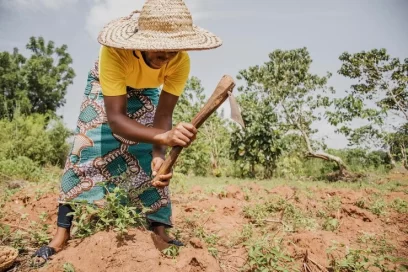
Challenges of Women’s Empowerment in Africa
Despite the significant benefits, several challenges hinder women’s empowerment in agriculture in Africa:
- Cultural Norms and Gender Roles: Deep-seated cultural norms and gender roles often restrict women’s access to resources and decision-making power in agriculture.
- Limited Access to Land: In many African countries, women face legal and social barriers to owning and inheriting land, which limits their ability to invest in and benefit from agricultural activities.
- Lack of Education and Training: Women often have lower levels of education and access to agricultural training, which hampers their productivity and ability to innovate.
- Financial Barriers: Women have less access to financial services, including credit and loans, which are essential for purchasing inputs and investing in agricultural technologies.
- Inadequate Infrastructure: Poor infrastructure, including transportation, storage facilities, and market access, disproportionately affects women, who often have limited mobility and resources.

Agrosahas’ Role in Empowering Women
Agrosahas International PVT LTD is committed to addressing these challenges through targeted initiatives:
- Training Programs: Agrosahas provides training programs tailored to women’s needs, focusing on sustainable agricultural practices, financial literacy, and business management.
- Access to Resources: By facilitating access to land, credit, and agricultural inputs, Agrosahas helps women overcome the barriers to productive and profitable farming.
- Community Engagement: Agrosahas engages with local communities to shift cultural norms and promote gender equality, ensuring that men and women benefit equally from agricultural development.
- Support Networks: Agrosahas supports the formation of women’s cooperatives and groups, providing a platform for collective action, knowledge sharing, and mutual support.
- Policy Advocacy: Agrosahas advocates for gender-sensitive policies at the local and national levels, working to ensure that women’s rights and needs are integrated into agricultural policies and programs.
Conclusion
Empowering women in agriculture is not just a moral imperative; it is a strategic necessity for achieving sustainable development. By breaking gender barriers and fostering inclusive growth, Agrosahas International PVT LTD is helping to create a more equitable and prosperous agricultural sector. Through education, access to resources, community engagement, and policy advocacy, Agrosahas is paving the way for women to thrive as farmers, entrepreneurs, and leaders. The journey towards gender equality in agriculture is long, but with concerted efforts and sustained commitment, we can build a future where women are empowered to contribute fully to the agricultural economy and to the well-being of their communities.
